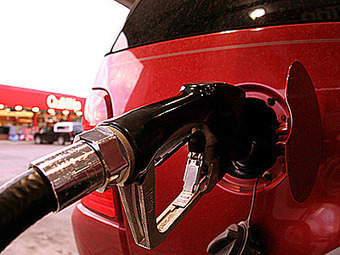Markets are supposed to be anti-inductive: If a regularity develops that becomes public knowledge, rational economic actors are supposed to exploit this regularity until it vanishes — or until the regularity becomes so small that no one can earn a profit by pumping money out of it anymore.
However, it seems like many large markets defy this supposed efficiency guarantee. Take the US gasoline market for example. The average american household spends $199/mo on gasoline, making it one of their largest monthly financial commitments, right behind food and housing.
Yet, there have been decades long, statistically significant patterns of gas prices going up roughly 5% every weekend. Gas is twice as likely to be more expensive on a given Friday than on that same Monday. But consumers are not rational or well-coordinated enough to erase this 2:1 probabilistic regularity over time. And this is even after several generations of humans have been subject to this particular regularity.
And gas price tracking apps like GasBuddy are a newer, but additional piece of surprisingly persistent evidence that even the largest, most highly liquid markets for completely identical commodity goods don’t incorporate public knowledge well. Or humans just aren’t up to the task of being the economic actors in efficient markets.
I suggest that strategic people should start using gas price tracking apps to locate cheaper gas since it’s free money. But we should also exercise foresight and begin shifting our gas buying patterns away from Thursday, Friday, and Saturday and towards Monday, Tuesday, and Wednesday. This would be an easy way to train the habit of having longer time horizons and taking advantage of regularities in markets that simply won’t go away due to population-level human irrationality.
See on www.businessinsider.com








